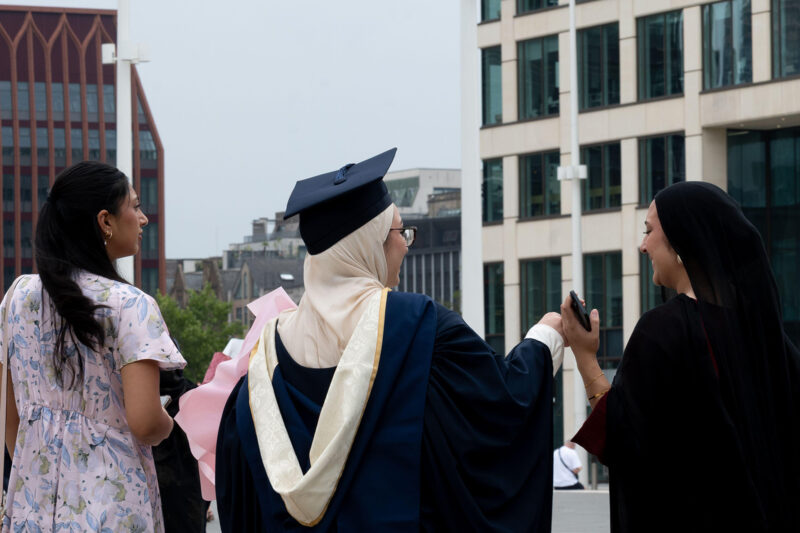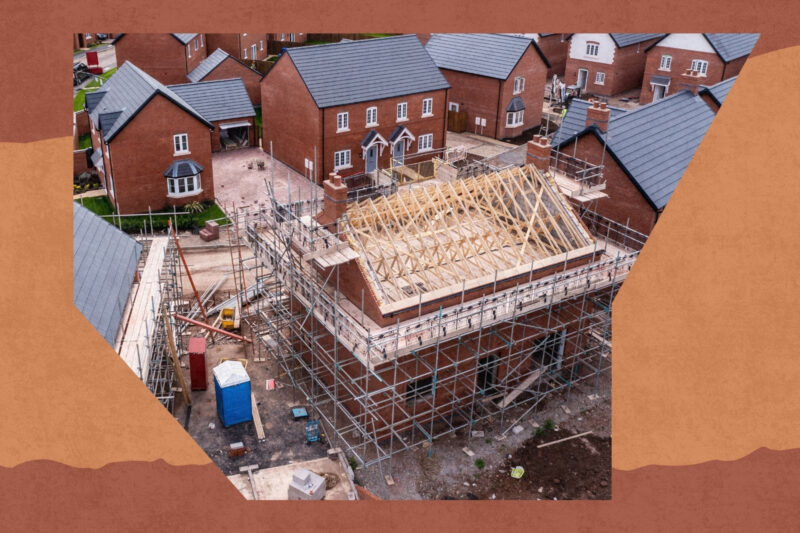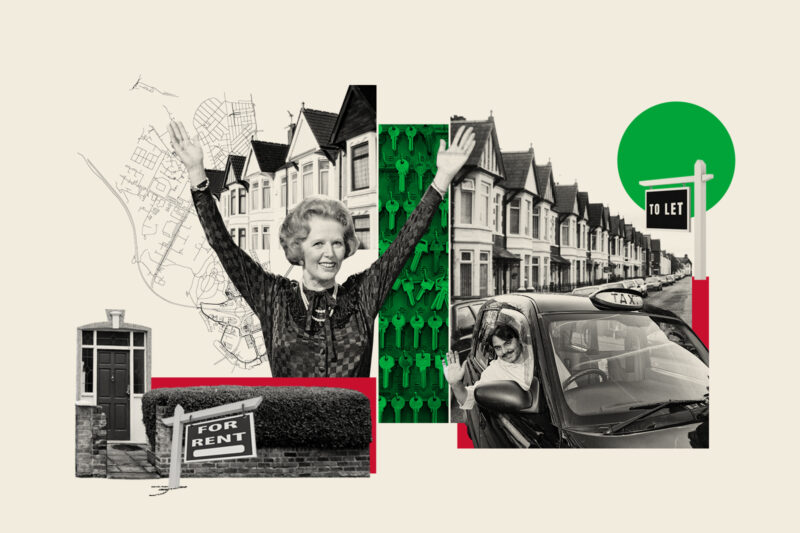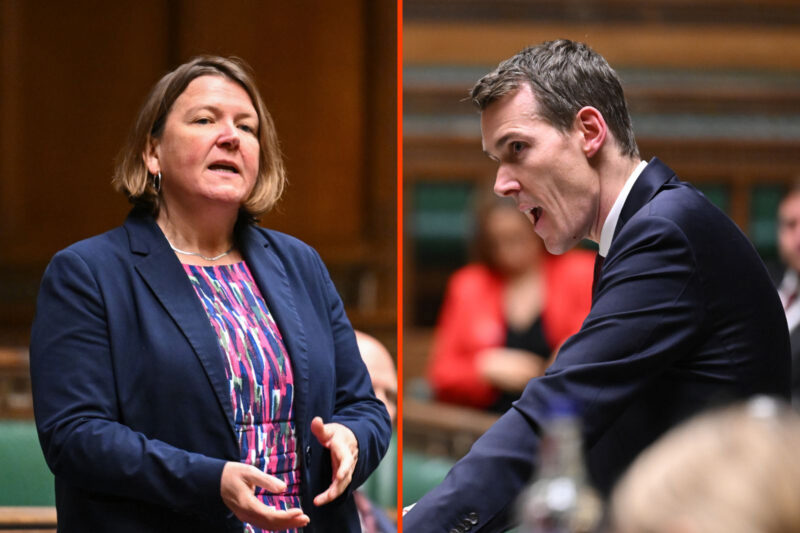Why we’ve spent months investigating Britain’s housing crisis
Hyphen launches a major series revealing slow progress on social housing in England — but also celebrating the joy and community that our homes bring
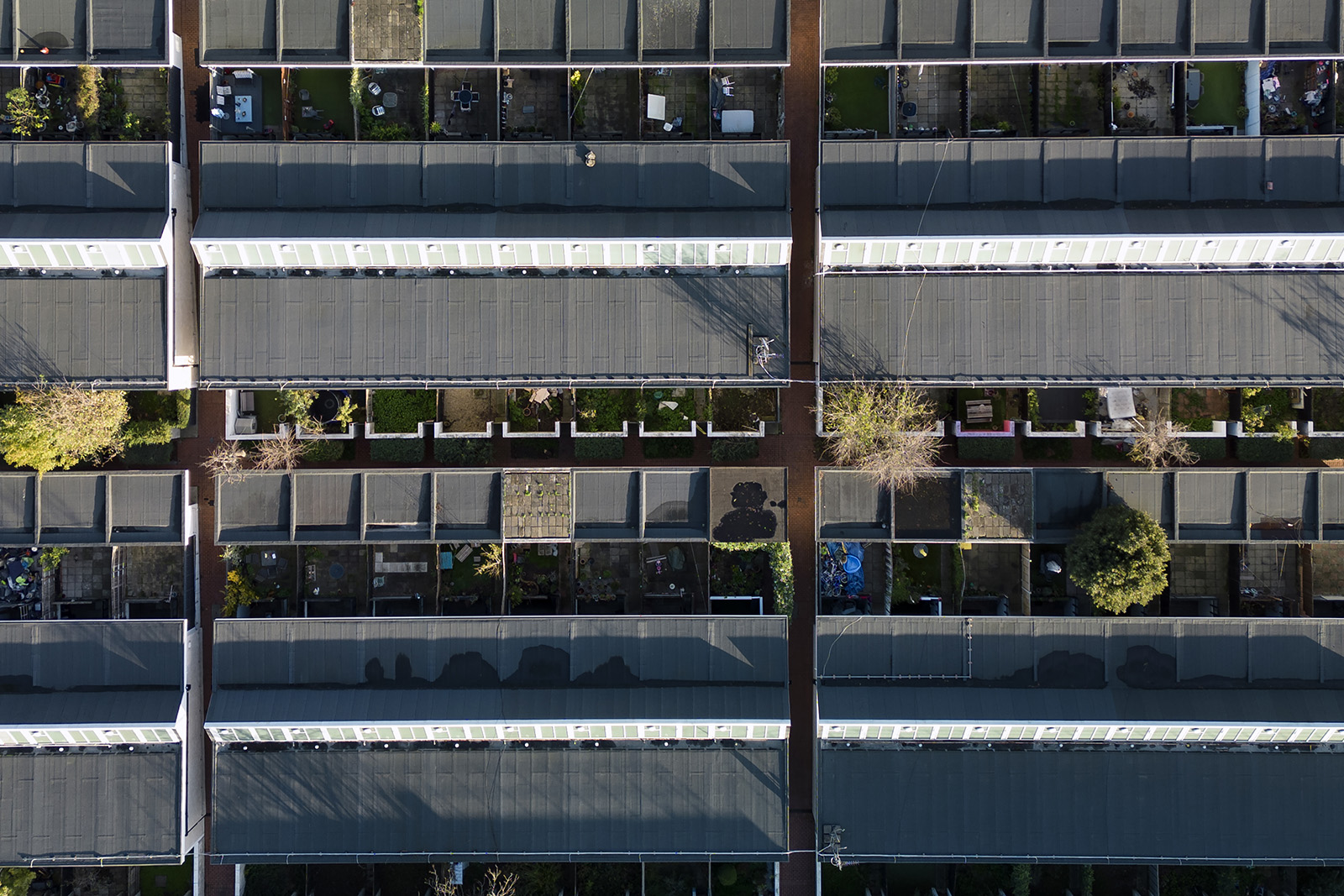
When the issue of housing gets mentioned in the media, it is usually accompanied by the word “crisis”. But really the housing crisis — Britain’s decades-long shortage of suitable, affordable homes — is not one singular problem. It underpins inequalities in health, education, employment, finance, access to services and just about everything else. One in five of us has experienced mental health problems because of housing issues.
A house is more than where we store our belongings. It is where our children learn to walk, where we study for exams, work from home, cook and refrigerate food, recover from illness, host and care for friends and family, rest, express ourselves, and a thousand things besides. If we do not have adequate housing, we cannot do all this and a housing crisis becomes an omnicrisis.
So when Labour came to power nearly a year ago, fixing the housing crisis — by building 1.5m new homes inside of five years — made for one of its most eye-catching pledges.
Today, Hyphen launches a special series on housing in Britain. And while housing supply is undeniably in a state of emergency, our coverage is not simply bad news. Behind people’s front doors, we find spaces of joy, community, self-expression and comfort. In the coming week, we will be publishing a touching photo essay on how Muslims on the Isle of Sheppey make their houses feel like homes, and telling the story of how three generations of one Bangladeshi family created their own history in an east London council flat.
The series begins with a major investigation into Labour’s progress on delivering the type of homes that 1.3 million families are waiting for: council housing. Our investigations reporter Lucas Cumiskey has spent months submitting and analysing freedom of information requests to hundreds of English councils asking how many homes they greenlit in Labour’s first six months in office and, crucially, how many of these were earmarked for social rent.
Britain’s shortage of council housing doesn’t affect every community equally. Muslims are more likely than the overall UK population to live in social rented homes, and least likely to own their homes either outright or with a mortgage.
Labour made no pledge about council housing in its manifesto, and even its new beefed up National Planning Policy Framework states merely that councils should have their own policies about how much social rent housing to deliver. In other words, not the government’s problem.
Our findings are troubling. They suggest that this lack of direction from the government has resulted in little and in many cases no action from those at the delivery end. In Labour’s first six months, more than half the local authorities we surveyed did not greenlight the building of a single council house. As one of the housing experts we interviewed put it: “Even by the shocking and appalling standards of recent years, that is terrible.” You can read Lucas’s full investigation here.
Earlier this year, Anita Mureithi spent a day at a specialist housing court, covering hearings at which people lost their homes in as little as 10 minutes. Governments of all stripes have been pledging to abolish so-called “no fault” evictions since 2019, and the renters’ rights bill is expected to do so later this year. But this will do little for those facing eviction after falling into arrears — and, as Anita’s report reveals, that can happen for reasons beyond people’s control.
We’re also publishing two insightful pieces of analysis by Dan Evans and Taj Ali. Evans, the author of A Nation of Shopkeepers: The Unstoppable Rise of the Petty Bourgeoisie, has contributed a fascinating piece on Muslim landlords and the currents during the latter half of the 20th century that led to their rise — and potential fall. And Ali considers the implications of dwindling housing supply on Britain’s social fabric.
Hyphen does crucial, original journalism that matters to British Muslims and beyond. If you’d like to read more stories like this, sign up to our weekly newsletter and get the pick of our reporting — news, lifestyle and culture — straight to your inbox.
 Newsletter
Newsletter



